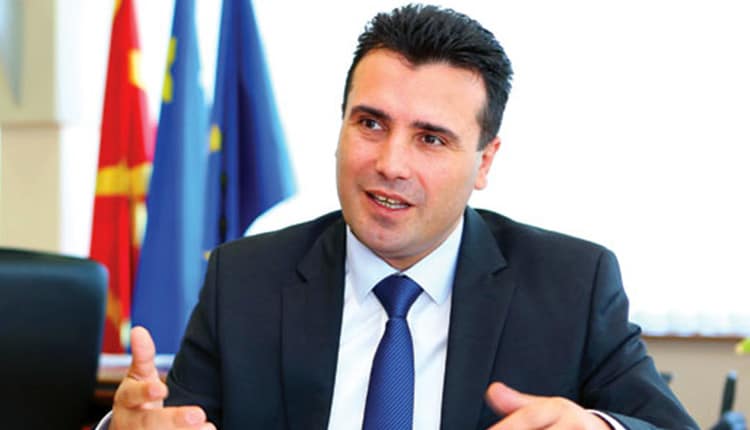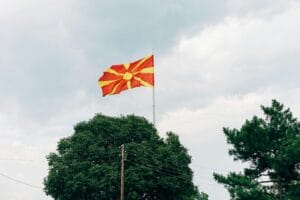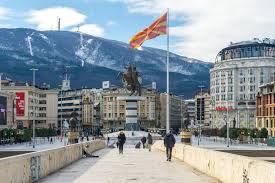Macedonia’s Prime Minister Zoran Zaev resigned on the evening of October 31st. The resignation comes after the second round in Macedonia’s local elections, in which Zoran Zaev’s Social Democratic Union of Macedonia (SDSM) suffered a major loss. According to preliminary election results, the SDSM has only won 16 mayoral races. The SDSM also lost in North Macedonia’s capital Skopje. The outcome represents a significant drop in support for the SDSM, which held 57 mayoral posts after elections in 2017. On the evening of October 31st, Zaev told news media that: ‘’The responsibility for this outcome is mine and I’m resigning as Prime Minister and as leader of the Social Democratic Union.’’ It is the first time that a Prime Minister has resigned due to local election results.
The clear winner of the local elections is the nationalist opposition party called the Internal Macedonian Revolutionary Organization – Democratic Party for Macedonian Unity (VMRO-DPMNE). The leader of the VMRO-DPMNE has called for new elections.
Results of the local elections
The first round of elections was held on October 17. In the first round citizens were able to vote in 80 municipalities and Macedonia’s capital Skopje. Majors are elected through a majoritarian system. This means that a candidate has to receive more than 50 percent of the votes in the first round to be elected. If there is no majority, a second round of elections will be held. During the first round, a total of 33 mayors were elected. However, the SDSM managed to win in only 9 municipalities. Its governing partner, the ethnic Albanian Democratic Union for Integration (DUI), won three mayoral races. The remaining 21 mayoral races were won by the VMRO-DPMNE.
On October 31st the second-round run-off elections were held in the remaining 47 municipalities and in the capital of Skopje. Zoran Zaev had asked people to vote in large numbers, saying that the election results in Skopje would be crucial to implement his cabinet vision and policies. However, the SDSM had to concede to Danela Arsovska, an independent candidate backed by the VMRO-DPMNE. Although the official results are not yet in, the VMRO-DPMNE appears to win in at least half of the 80 municipalities.
Calls for new parliamentary elections
Under North-Macedonia’s constitution, the parliament has to accept Zaev’s resignation with a vote. However, it is not a given that the parliament will accept the resignation since the governing coalition has a small majority in parliament. If the parliament accepts Zaev’s resignation, negotiations would start to form a new government under another social democratic leader. Zaev himself has stated that he will support a government under a new social-democratic leader. However, the outcome of the local elections indicates a big shift in North Macedonian politics and the leader of the VMRO-DPMNE, Hristijan Mickoski, has called for early parliamentary elections. According to Mickoski, the current government has lost its legitimacy due to the local election results.
The VMRO-DPMNE has differed with the SDSM on several issues, one being the name change from Macedonia to North-Macedonia. The SDSM implemented this name change in 2018 in order to resolve issues with Greece, which argued that the name Macedonia implied territorial claims to one of its provinces. The name change was implemented in exchange for Greece’s support for North-Macedonia’s efforts to join the European Union. The VMRO-DPMNE still strongly opposes the name change, as it claims there are connections between Macedonians and the ancient Greek kingdom of Macedonia.
Source: AP News Euronews IFES RadioFreeEurope RadioFreeEurope
Photo source: Flickr



